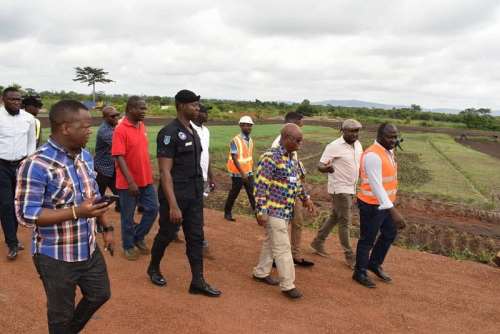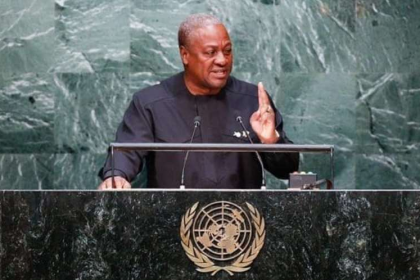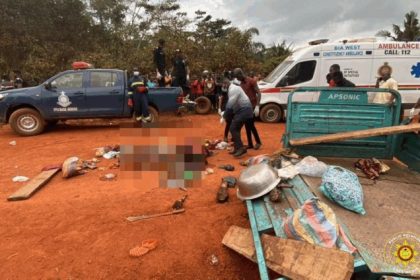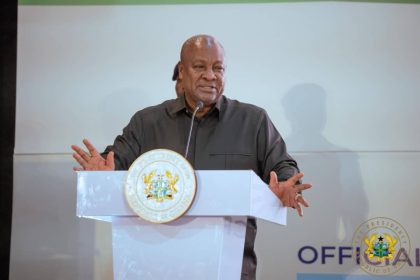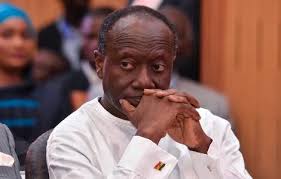Economic policy analyst and entrepreneur, Senyo Hosi has called on the government to make targeted investments in agriculture as a key strategy for transforming Ghana’s economy, warning that the sector’s low productivity continues to undermine growth, job creation, and food security.
Speaking at the 2025 Deloitte Economic Dialogue on the 2026 Budget in Accra, Mr. Hosi commended the government for stabilizing the economy and demonstrating fiscal discipline but said the country’s development efforts will fall short without bold reforms in the agricultural sector.
“Agriculture, according to the Ministry of Agriculture, and even the President himself, accounts for 38.3% of labour but only 21% of GDP,” he said. “That’s not productive. That’s why I say the budget is not transformational.”
He argued that while infrastructure investments and macroeconomic stabilization are important, redirecting a portion of public capital spending to boost agricultural productivity would yield more lasting results.
“The Big Push is fantastic. GHC30 billion. But why not put GHC2 billion of that into unlocking agriculture?” he asked. “That’s how you create real transformation.”
Mr. Hosi lamented that agricultural policy discussions often focus narrowly on inputs such as fertilizer and seeds rather than measurable outcomes like productivity and value addition.
“We keep talking fertilizer and seeds, but where’s the plan for actual production output?” he asked.
“Government keeps talking about programmes and inputs, but we must talk about results – how much food we’re producing and how we’re matching supply to demand.”
He cited rising food insecurity and rural underemployment as evidence that Ghana’s agricultural system needs restructuring.
“Food insecurity is worsening. 15 million people are food insecure, up from 11 million in 2016,” he noted. “We need to make agriculture a strategic, productive sector that can feed the nation and supply manufacturing.”
Mr. Hosi further linked agriculture’s revival to Ghana’s broader industrial and employment agenda, saying that strengthening agricultural value chains could stimulate manufacturing and create high-value jobs, especially for the youth.
“If we unlock agriculture, we’ll sustain manufacturing and create higher-value jobs,” he explained. “The goal should be to reduce the number of people in agriculture while making those who remain more productive so they can feed the rest of the economy.”
He also cautioned against reducing economic transformation to slogans, taking aim at the government’s 24-hour economy policy.
“The 24-hour economy should not be a political slogan. It should be an outcome of effective, sustained policies,” he said. “You don’t declare a 24-hour economy; you create conditions for it.
Nonetheless, Mr. Hosi acknowledged that the government has made progress in fiscal management and transparency since assuming office in January, saying such discipline provides a foundation for real sector reforms.
He urged government, industry, and academia to collaborate on research-driven agricultural policy, describing it as the key to Ghana’s long-term transformation.
“Beyond applause and slogans, we must make Ghana productive again – research-driven, transparent, and fair,” he said.
The Deloitte Economic Dialogue is an annual forum that brings together policymakers, academics, and business leaders to analyze Ghana’s national budget and economic direction. The 2025 edition, themed “Resetting Growth, Jobs, and Economic Transformation,” examined the 2026 Budget and Ghana’s path toward post-IMF stability and growth.


